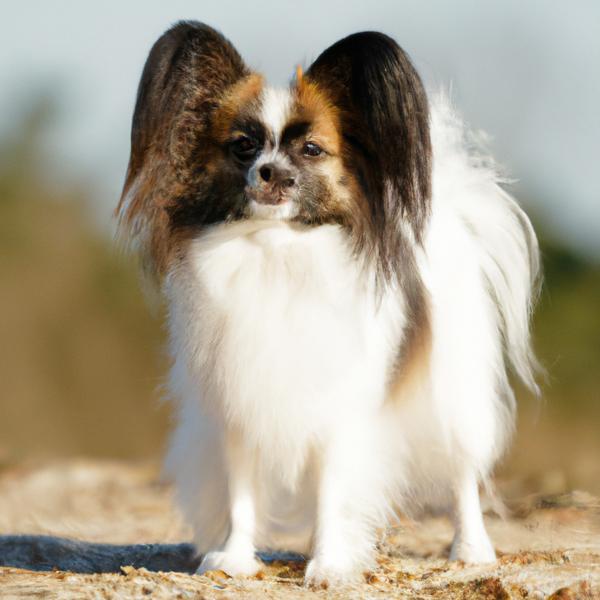Japillon vs. Patterbea: Breed Differences and Similarities
Hypoallergenic
Are Japillons or Patterbeas hypoallergenic, or neither?
Unfortunately, neither Japillon nor Patterbea are hypoallergenic, which may not make them the best choice for dog lovers who suffer from pet allergies.
Temperament
What are the personalities of Japillon and Patterbea dogs?
Playful
Loving
Independent
Happy
Energetic
Alert
Intelligent
Friendly
Loyal
Loving
Independent
Energetic
Intelligent
Confident
Friendly
Lively
Gentle
Sweet
Inquisitive
Bold
Shedding Level
Do Japillons shed more than Patterbeas, or which breed sheds more, Japillons or Patterbeas?
Japillons are low shedding dogs, requiring minimal coat care.
Patterbeas are moderate shedders, but regular brushing can reduce shedding and maintain coat health.
Origin
What is the origin of Japillon and Patterbea dog breeds?
United States
United Kingdom
Ancestry
What are the origins of Japillon and Patterbea breeds?
Japanese Chin and Papillon
Patterdale Terrier and Beagle
Date of Birth
When were Japillon and Patterbea breeds first developed?
Unknown
Nose Color Possibilites
What are the natural nose colors of Japillon and Patterbea?
Black
Brown
Black
Coat Color Possibilites
What are the natural colors of the coat for Japillon and Patterbea breeds?
Fawn
Silver
White
Black
Brown
Black
White
Red
Brown
Blue
Coat Length
What is the typical coat length for Japillon and Patterbea breeds?
Japillons have longer coats compared to most dogs.
Patterbeas have coats that can be either short or medium in length.
Coat Density
What is the density of the coat of Japillon and Patterbea?
Litter Size
What is the usual litter size for Japillon and Patterbea?
A Japillon can have a litter of 2-4 puppies on average. However, it's worth noting that the size of the litters can vary greatly. Factors that can influence litter size include the health of the mother, breeding history, and genetics.
A Patterbea can have a litter of 2-14 puppies on average. However, it's worth noting that the size of the litters can vary greatly. Factors that can influence litter size include the health of the mother, breeding history, and genetics.
Adaptability
Japillon and Patterbeas are known for their adaptability and versatility. They are capable of adapting well to a wide range of lifestyle changes and living environments, making them great companions for families and individuals of all lifestyles.
Health Issues
Between Japillon and Patterbea, which breed is more prone to health problems?
Japillon and Patterbea breeds are generally considered to be healthy. However, like all breeds, they are susceptible to certain health issues and it is important to keep an eye out for them and address them with your veterinarian as needed.
Minor Concerns
What minor health issues should be kept in mind when owning Japillon and Patterbea?
Patellar Luxation
Cataracts
Von Willebrand's Disease
Progressive Retinal Atrophy (PRA)
Patellar Luxation
Distichiasis
Cataracts
Glaucoma
Hypothyroidism
Occasional Tests
What occasional tests are recommended for Japillon and Patterbea breeds?
Eye examination
Radiographs
Eye Examination
Radiographs
Blood Sugar and Thyroid Tests
Complete Physical Examination
Social Needs
Japillon vs Patterbea social needs comparison
Japillon has very high social needs and requires regular mental and physical stimulation, a job or purpose, and companionship.
Patterbea has above average social needs and thrives with interaction with humans and other dogs.
Sleeping Need
Which of the two sleeps the most/least: Japillon or Patterbea?
Japillons have moderate energy levels and typical sleep patterns of 12-14 hours per day.
Patterbeas sleep less than other breeds but still need adequate sleep for good health.
Mouthiness
Mouthiness Comparison: Japillon vs Patterbea?
Roaming urge
Japillon vs Labrador: Running away tendency?
Prey Drive
Japillon or Patterbea - which breed has a higher level of prey drive?
Activity Level
Which breed has higher energy, Japillons or Patterbeas?
Japillons are medium-energy dogs and typically enjoy socializing and playing casual or even sustained games of chase with other dogs. They may also have occasional periods of barking or racing around the house.
Patterbeas are high-energy dogs. They need mental as well as physical exercise. These dogs require a lot of your involvement and without it they can, and will, become problematic dogs.
Tolerance of being left alone
Walks per Week
How many miles should Japillon or Patterbea walk each week?
There's really no limit to how far you walk your dog as long as they're comfortable. For Japillon, it's at least 6 miles / week. Just remember to build distance and stamina gradually over time.
There's really no limit to how far you walk your dog as long as they're comfortable. For Patterbea, it's at least 10 miles / week. Just remember to build distance and stamina gradually over time.
Activity per Day
Do Japillons or Patterbeas require more exercise?
In general most Japillons usually need at least 30 minutes of exercise daily. This can be spread across the day and include all sorts of high-energy activities, like walking, running and playing.
In general most Patterbeas usually need at least 60 minutes of exercise daily. This can be spread across the day and include all sorts of high-energy activities, like walking, running and playing.
Grooming
Which breed is easier to maintain in terms of grooming, Japillons or Patterbeas?
The Japillon requires an average amount of grooming compared to other breeds.
The Patterbea has low grooming needs and is easy to maintain.
Brushing Frequency
What is the recommended brushing frequency for Japillon and Patterbea dogs?
Japillon should be brushed at least once a week. Of course you can give them more frequent brushes if you find that they are still shedding a lot
In general Patterbea should be brushed at least once a month. Of course you can give them more frequent brushes, especially if they enjoyed it
Brushing Tools
What brushing tools are used for Japillons and Patterbeas?
Pin Brush
Slicker Brush
Pin Brush
Clipper
Cups
How much food should be given to Japillon or Patterbea in cups?
For an average 4-9 pound (2 - 4 kg) Japillon feed 0.5 cups daily. But, keep in mind, the amount you feed is going to be dependent on the quality of the food you are feeding.
For an average 19-23 pound (9 - 10 kg) Patterbea feed 2.5 cups daily. But, keep in mind, the amount you feed is going to be dependent on the quality of the food you are feeding.
Daily Cost
Which breed has a higher daily cost, Japillon or Patterbea?
The average cost of a Japillon is somewhere $1.10 - $1.40 per day.
The average cost of a Patterbea is somewhere $1.70 - $2.00 per day.
Monthly Cost
Which breed has a higher monthly cost, Japillon or Patterbea?
The average per month expenses of a Japillon is between $28 - $42. This makes an average of $336 - $504 per year. It will be on the higher side when the dog is still small because it will need more frequent visits to the vet, shots.
The average per month expenses of a Patterbea is between $48 - $63. This makes an average of $576 - $756 per year. It will be on the higher side when the dog is still small because it will need more frequent visits to the vet, shots.
Sensitivity Level
How do Japillon and Patterbea compare in sensitivity?
Japillons have average emotions and adapt well to different situations.
This breed is sensitive to its environment and best suited for patient and understanding families with a consistent routine.
Apartment Friendly
Which breed is more apartment-friendly: Japillon or Patterbea?
The Japillon is a great apartment dog, thriving with sufficient exercise and time outside as part of their daily routine.
Patterbeas can do well in apartments with enough exercise and time outside, but a small yard would be ideal.
Child Friendly
Do Japillons or Patterbeas have a friendlier temperament towards children?
Japillons have an average level of friendliness towards children.
Patterbeas make excellent family pets for kids due to their gentle, protective nature and calm temperament.
Senior-friendly
Which dog is more suitable as a pet for the elderly - Japillon or Patterbea?
Cat Friendly
Do Japillon or Patterbea breeds have a better compatibility with cats?
Japillons are very friendly with cats and make great companions for them.
Patterbeas are average in their friendliness toward cats and tend to do well with them, especially if raised together.
Dog Friendly
Which breed is more sociable with other dogs: Japillon or Patterbea?
Japillons are average in their friendliness towards other dogs, and socialization can help.
Patterbeas are friendly and active companions, and can be good family pets, though their friendliness towards other dogs may vary.
Pet friendly
How do Japillon or Patterbea dogs interact with other pets?
Stranger Friendly
Which breed is more friendly with strangers: Japillon or Patterbea?
Japillons are highly friendly around strangers.
Patterbeas are friendly but may bark at strangers, and training is easy due to their intelligence.
Playfulness
Which breed is more playful between Japillon and Patterbea?
Japillon and Patterbea are playful dogs. So, no matter how busy the day may get, the best thing you can do for Japillon and Patterbea is to make time each day to play. It can be as little as 15-20 minutes, and it will mean the world to them.
Trainability
How do the trainability levels of Japillons and Patterbeas compare?
Japillons are popular for their ease of training and quick learning ability.
Patterbeas are usually easy to train but require consistency to fully obey commands.
Compare Japillon with other breeds
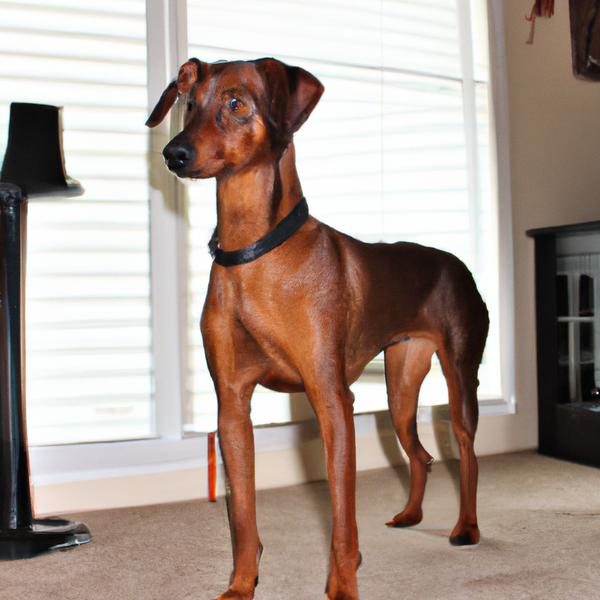
Patterbea
Japillon vs Patterbea

Beagle Point
Japillon vs Beagle Point
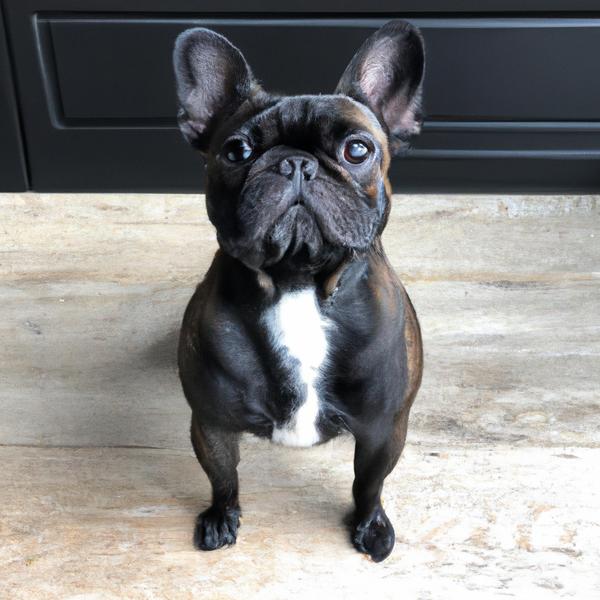
Frenchie Pug
Japillon vs Frenchie Pug
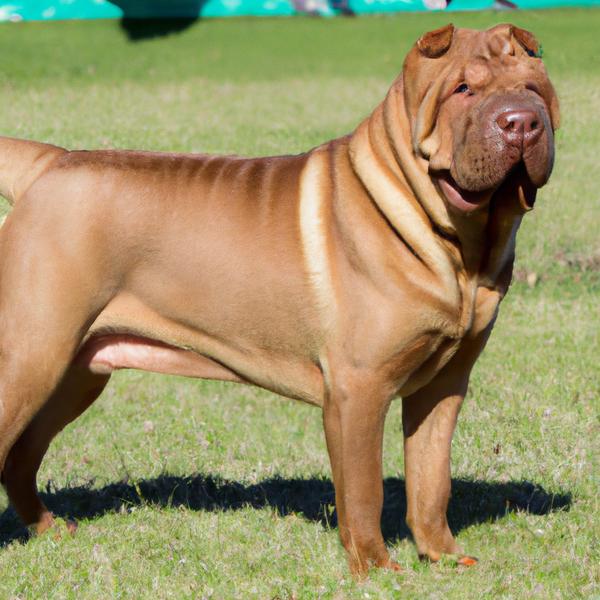
Clumber Pei
Japillon vs Clumber Pei
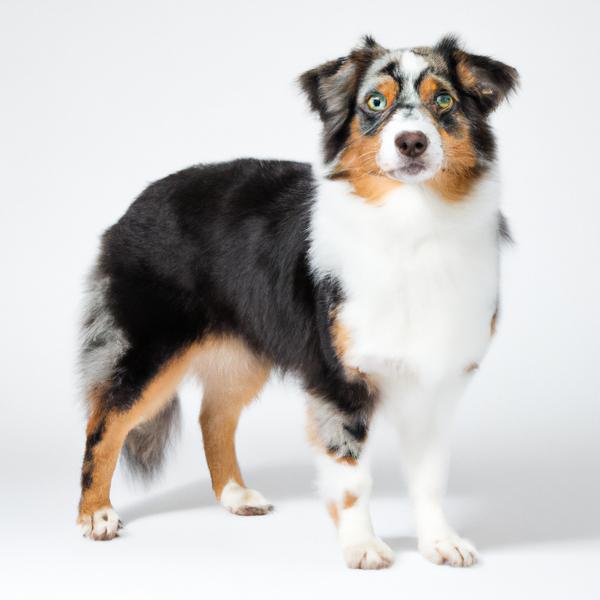
Miniature American Shepherd
Japillon vs Miniature American Shepherd
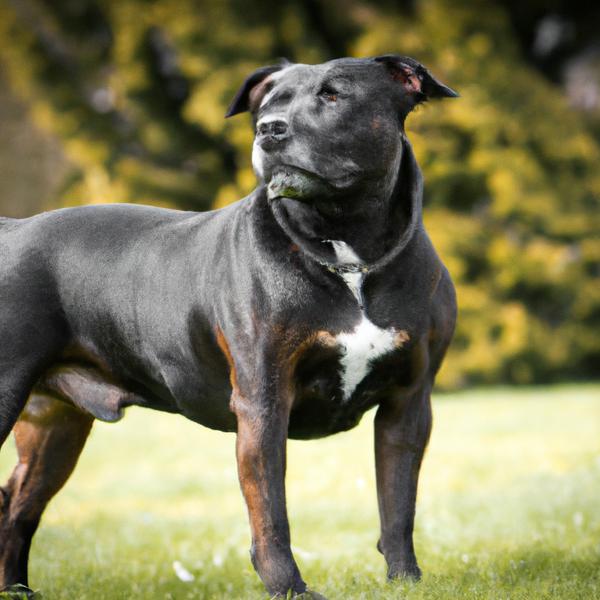
Staffie Bullweiler
Japillon vs Staffie Bullweiler
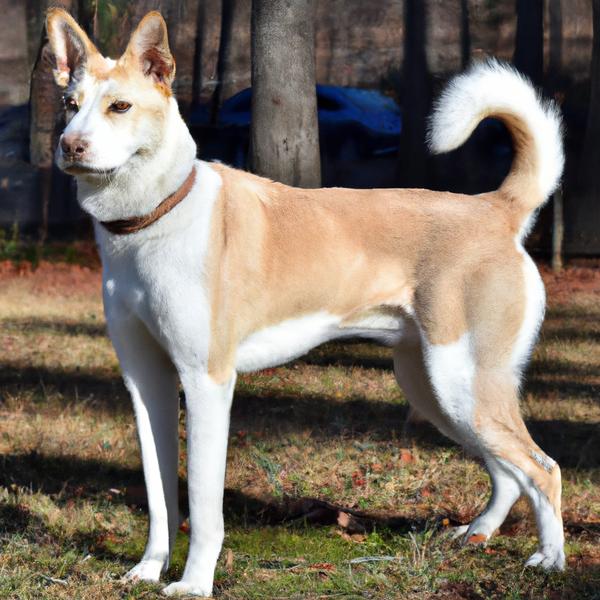
Canaan
Japillon vs Canaan
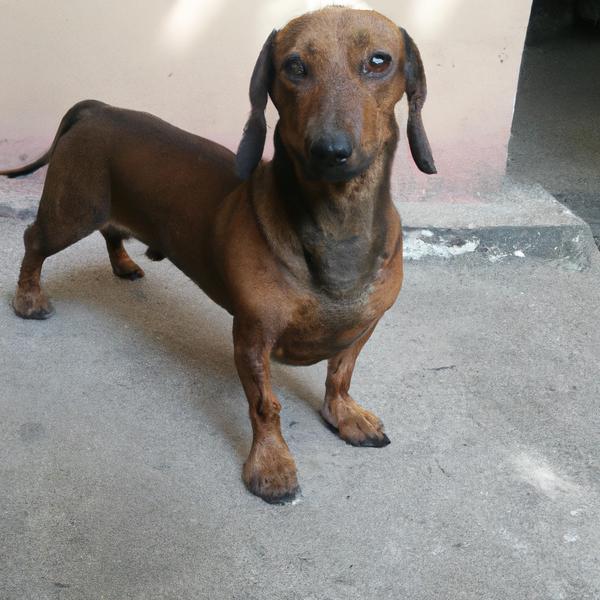
Papshund
Japillon vs Papshund
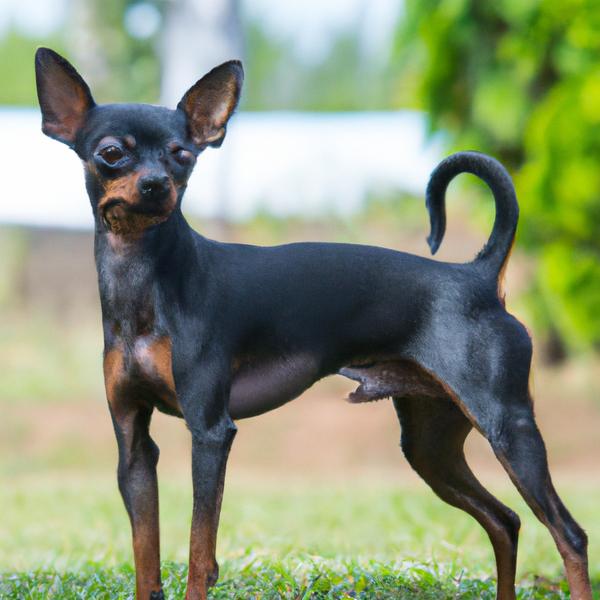
Chin-Fenpinscher
Japillon vs Chin-Fenpinscher
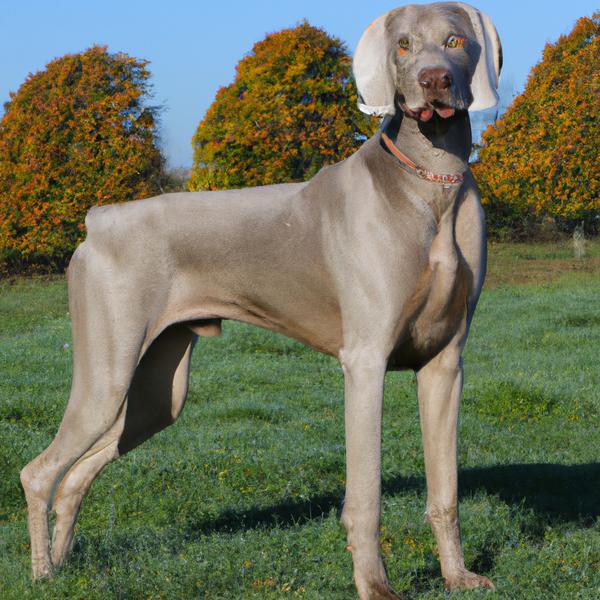
Weimapeake
Japillon vs Weimapeake
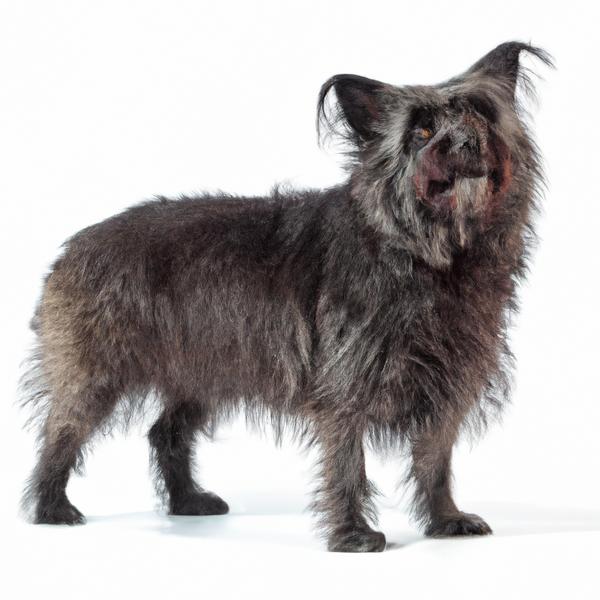
Cairnese
Japillon vs Cairnese

Sheprador
Japillon vs Sheprador
